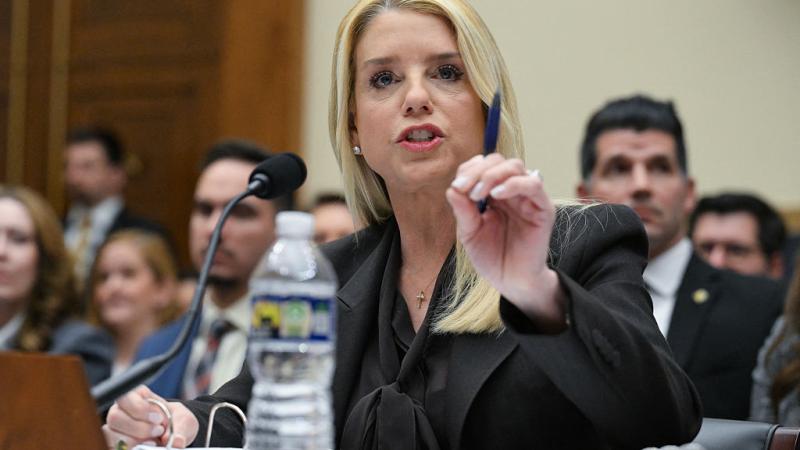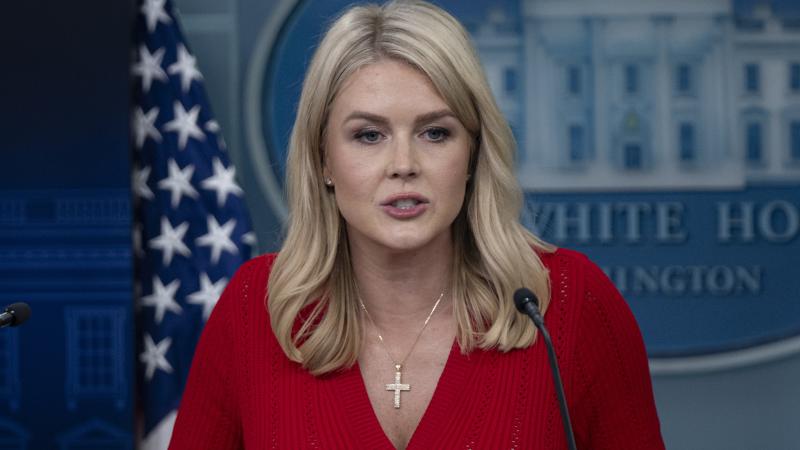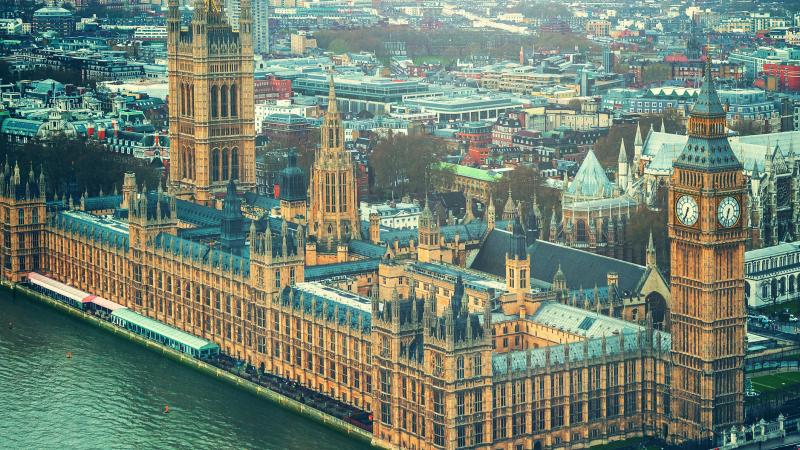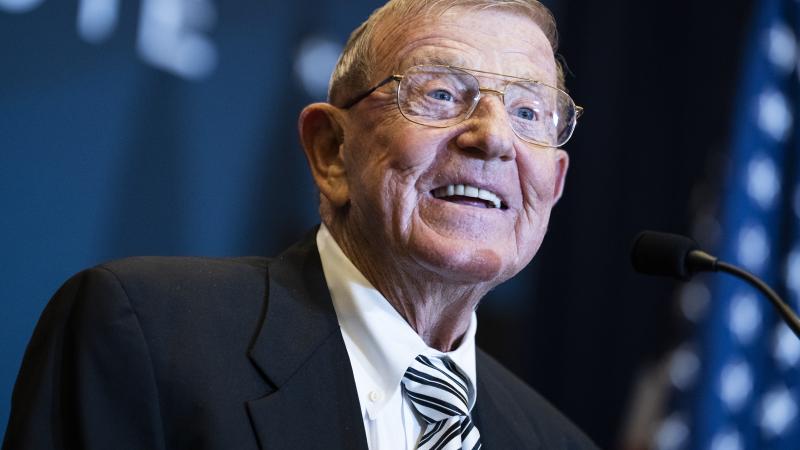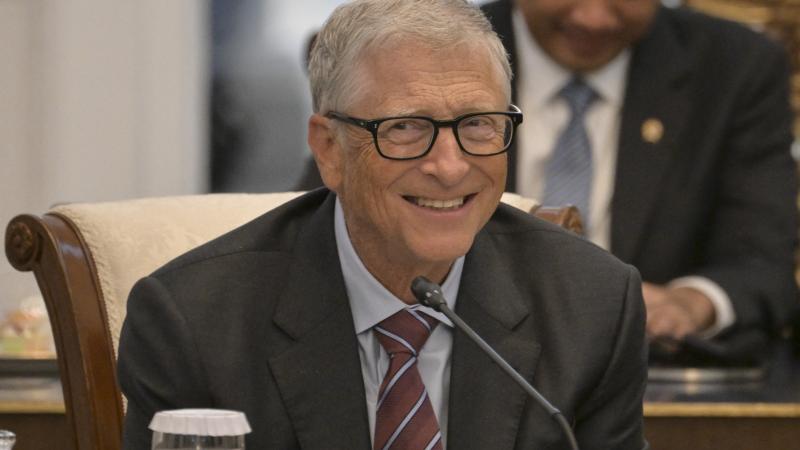Appeals court suspends university harassment policy for 'likely' violating First Amendment
11th Circuit also orders new review of University of Central Florida's bias response team, comparing it to unconstitutional "morality" commission, in fifth legal victory for four-year-old Speech First.
The University of Central Florida's own lawyer made the case against its "bias-related incidents" and "discriminatory harassment" policies by telling federal judges he couldn't define what they prohibit.
The 11th U.S. Circuit Court of Appeals unanimously ruled the harassment policy likely violates the First Amendment rights of students and issued a preliminary injunction, which the trial court had refused.
The three-judge panel also ordered the trial court to reconsider whether Speech First has legal standing to challenge the bias policy on behalf of its UCF members, due to the "objective chill" it causes, and then rule on the merits.
The lower court denied standing because the bias response team, with representatives from campus police and the "social justice" office among others, does not have "independent authority to discipline students."
But the appeals court compared the "Just Knights Response Team" (JKRT) to a Rhode Island "morality" commission that officially warned booksellers they were carrying "objectionable" books and could be prosecuted. "Neither formal punishment nor the formal power to impose it is strictly necessary to exert an impermissible chill on First Amendment rights," the opinion said.
It's the latest legal victory for Speech First, a four-year-old nonprofit that targets speech-chilling policies and bias response teams at public universities.
Speech First board member Nicole Neily, its founding president who now leads Parents Defending Education, said JKRT-related discipline "resemble[s] reeducation camps, forcing adult college students to sit through patronizing lectures on which types of speech the university considers acceptable."
The group previously obtained settlements with the University of Michigan, University of Illinois, University of Texas and Iowa State. It's appealing a denied preliminary injunction against Virginia Tech and seeking another in its latest case, against the University of Houston.
UCF spokesperson Mark Schlueb told Just the News it was reviewing the ruling. "We remain fully committed to encouraging differing viewpoints, free speech and free expression — and we recommit to ensuring our policies are consistent with those ideals," he wrote in an email.
Schlueb didn't answer why the Florida attorney general's office didn't defend UCF in court. It's represented by Miami- and Philadelphia-based lawyers from Saul Ewing Arnstein & Lehr. He also didn't say whether UCF might eliminate or drastically restructure its bias team, as the University of Michigan's settlement required.
Two panel members wrote concurrences. Judge Richard Story emphasized UCF is free to create civil discussion programs to "lower the temperature on debate and help their students learn how to listen to and understand opposing viewpoints."
The harm from stifling intellectual debate won't stay on campus, Judge Stanley Marcus warned. "Our future civic and scientific leaders surely will take these values with them after graduation," he wrote. Creating a safe space "might be the foremost goal in some settings, like at a family dinner, but it is not right for a university."
The judges were perplexed that UCF's lawyer couldn't give straight answers in oral argument about whether students could be punished for hypothetical beliefs and opinions that Speech First members testified they wanted to express on campus.
Those included: "abortion is immoral, it's a sin against God, and it will yield eternal damnation"; "the Palestinian movement is antisemitic"; or "unbridled open immigration is a danger to America," which a "Dreamer" might consider harassing.
The unidentified lawyer responded that "the university will consider all the facts and circumstances there" and that he couldn't "prejudge everything." The ruling said it is "eminently fair to conclude" UCF students can't determine what's prohibited if a lawyer "intimately familiar" with university policies can't either.
Three pages of the 38-page opinion just reprint and summarize the harassment policy and definition of "hostile environment harassment," which itself cites a minimum of seven factors to determine whether one student's speech "unreasonably ... alters" another's participation in a UCF program. Students can violate the policy by "[c]ondoning" harmful acts or "failing to intervene" as well.
The court described this as a "puzzle" whose "astonishing breadth — and slipperiness" would convince a reasonable student "he'd be better off just keeping his mouth shut" rather than face investigation for unpopular beliefs. Enforcement would "likely vary from one student to another," given the university's "totality of known circumstances" investigative approach.
The panel was just as skeptical of the bias policy, which has no limit on protected categories and explicitly covers behaviors "without regard to whether the act is legal, illegal, intentional, or unintentional," or even violates UCF policy. At least 13 behaviors may trigger JKRT investigation, including "signs" and "gestures," and reporting is anonymous.
The team's explicit role is to "receive, monitor, refer, and, as necessary, coordinate university resources to these incidents that impact the university community" in furtherance of its goal to "proactively address issues of civility and respect."
The ruling reprints the letter sent to students reported for bias, which assures their participation is "voluntary." The judges didn't buy it.
UCF students are mostly "teenagers and young adults who, it stands to reason, are more likely to be cowed by subtle coercion than the relatively sophisticated" booksellers who received warnings from the state morality commission, the opinion said.
"The freedom that a student has to ignore the JKRT process is akin," in the court's tart analogy, to a child's freedom "to refuse his parent when she asks, 'Would you please clean up your room?'"





